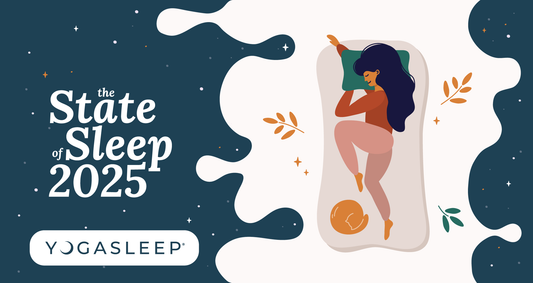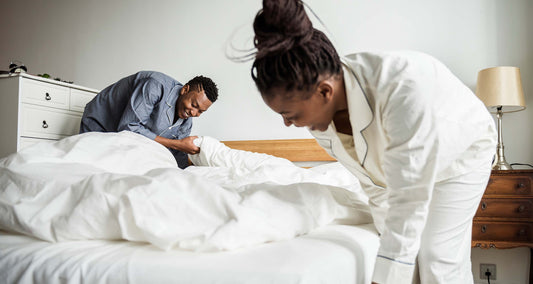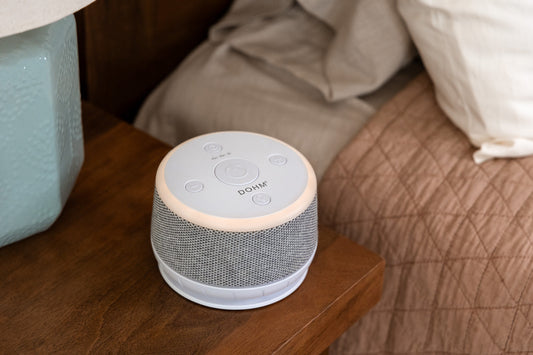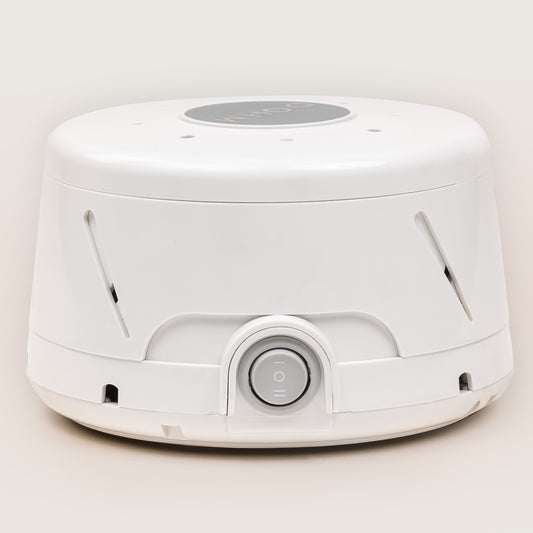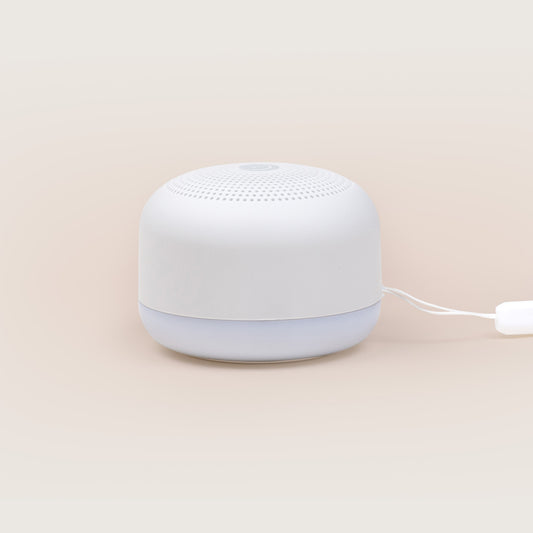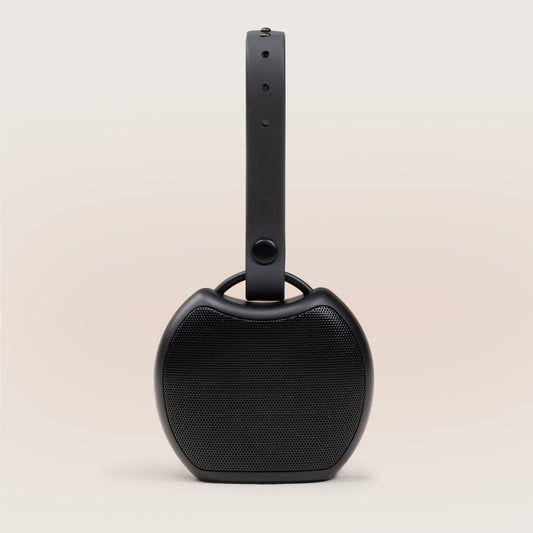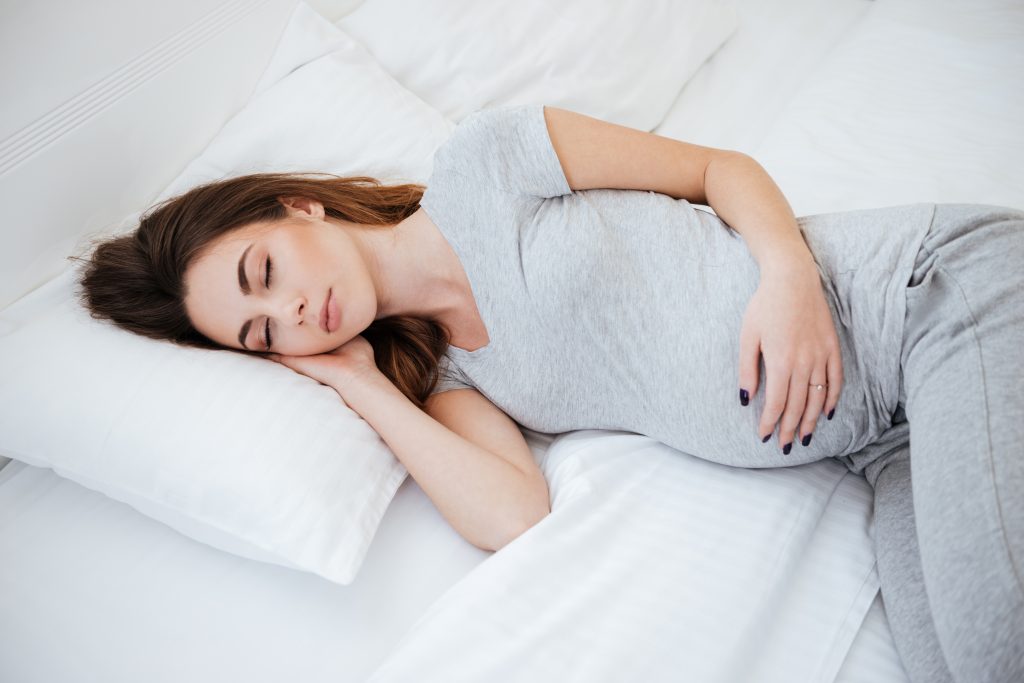
How a White Noise Machine Can Help You Sleep Through Your Pregnancy
Some degree of insomnia during pregnancy is very common: over 80% of pregnant women have trouble sleeping, either in terms of difficulty falling asleep, frequent wakings, or lack of good sleep. For some this happens in the third trimester of pregnancy, for others, it occurs mainly in the first trimester. Regardless of when this happens to you, there are some tips and tricks that can help you get a good night's sleep throughout your pregnancy.
Common Causes of Pregnancy Insomnia
The first thing you should keep in mind about pregnancy insomnia is that sleep deprivation can't harm you or your baby. Even so, that doesn't mean lack of sleep isn't frustrating!
Many pregnancy symptoms can cause or contribute to sleep problems. For example, here are some common ones:
- Hormonal changes
- Pregnancy-related anxiety
- Frequent urination
- Restless legs, or leg cramps
- Increased sensitivity to sensory input, including smell, sound, and touch, which can cause sleep disruption
- Back pain (especially in the second trimester and onward)
- Discomfort in many sleeping positions
- Heartburn
Solutions for Pregnancy Insomnia
If you're having trouble falling asleep, the first thing to do is to establish a good bedtime routine. This should include any relaxation techniques that help you wind down: reading a book, drinking some chamomile tea, taking a warm bath, doing some moderate physical activity earlier in the day, eating a light snack before bed, or drinking a glass of warm milk, for example.
After you actually get into bed, you should ensure you're sleeping in the right position: the best position to sleep in for pregnant women is your left side. You can never have enough pillows: one between your knees and one under your belly is a common arrangement. If you have back pain from your growing baby belly, make sure that your mattress isn't making it worse: a memory foam mattress will be best. If you can swing it, try to get a memory foam mattress with cooling gel inside: pregnant women tend to be hot sleepers.
One of the single best things you can do to get better sleep as a pregnant woman is to get a white noise machine, such as the Marpac Dohm. Because you're more sensitive to sounds while pregnant, and because you tend to sleep lighter overall due to other pregnancy-related discomforts, it's critical to have a consistent sound environment to fall asleep to. The Dohm gets its soothing white noise from a real fan inside the machine, and its simple control has two-speed settings to adjust tone and volume. If you prefer more sound variety, try the Whish, with 16 different sound settings including traditional white noise, music, and nature sounds.

